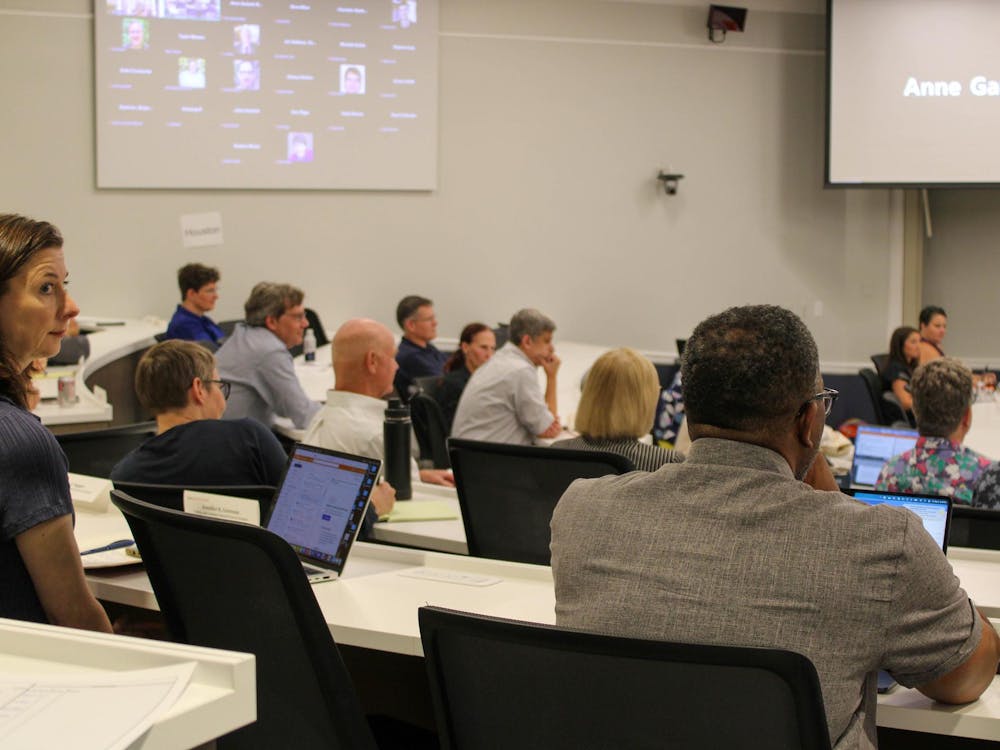At a meeting Monday, Charlottesville City Council adopted budget guidelines to aid in City Manager Gary O'Connell's construction of a financial plan to fund City government for the next fiscal year.
Facing a projected $3.2 million budget shortfall, City Council is looking at raising local car taxes next year, as it tries to lower real estate taxes. According to local government budget statistics reported on the City's Web site, 33.5 percent of the City's budget relies on real estate taxes -- the City's largest source of revenue.
Vice Mayor Kevin Lynch suggested increasing car taxes to make up for the budget deficit.
"The City's growing source of revenue has been the real estate property tax," he said. "Since the market has been so strong, we've been able to decrease the rate and still receive increasing revenue collections."
However, Lynch said the City's ultimate goal is to make taxes as equitable as possible for citizens.
"The real estate collection has gotten to be such a large percentage of the budget that it's putting an unfair burden on homeowners," Lynch said. "Rather than allowing real estate revenue to naturally accumulate as its assessments go up, I've proposed that we raise our automobile tax to achieve level revenue from automobiles."
Lynch said in order to understand the City's fiscal issues, individuals must reflect on the bigger picture.
"Looking at the number of funding challenges this year, the City is faced with very specific mandates in funds driven by state policy," Lynch said.
Each year, the Commonwealth reimburses localities for percentages of car tax collections. The reimbursement rate is set at 70 percent, but Virginia's current financial situation is putting a strain on its ability to meet that rate, according to Lynch.
"The state's withholding of reimbursements is creating a significant cash flow problem," Lynch said. "That's what we're facing at both the City and the County levels."
Council member Blake Caravati expressed concern that the automobile tax will be a regressive tax, falling predominantly on lower income residents.
"The current personal property tax consists of taxes on automobiles and small businesses -- $4.20 for every $100," Caravati said. "I need to know exactly how regressive this tax is before I'm able to make a valid decision on Councilor Lynch's proposal."
Council member Kendra Hamilton said she hopes to bring clarity to complex issues.
"People need to know we're not going to raise car taxes to level off those for real estate," Hamilton said. "The Council intends not to replace losses, but work to repair the flow being held back by the state. We have to make sure that we are not affecting those that cannot afford it."
Hamilton said she views the future real estate tax decrease of at least two cents -- to $1.07 per $100 -- as a start to alleviating economic pressures.
"With real estate assessments going up in double digits each year, we must do something to reign them in," she said. "Rolling back real estate tax rates will be the only way to combat them."
Within the next few weeks, Lynch said he hopes to continue the processes of evaluation and assessment with Council.






